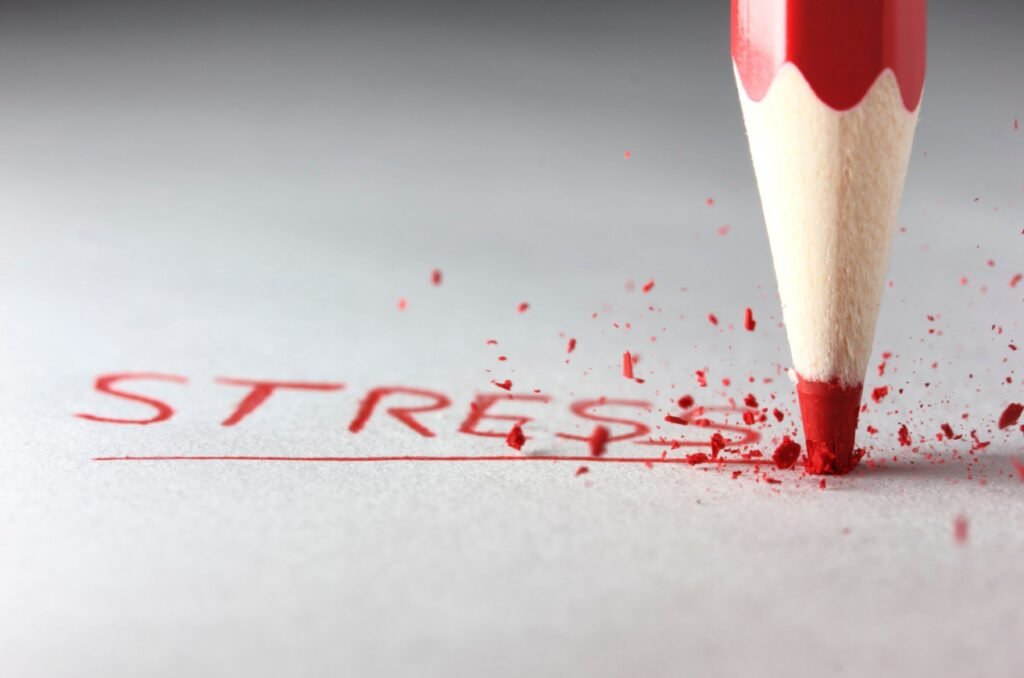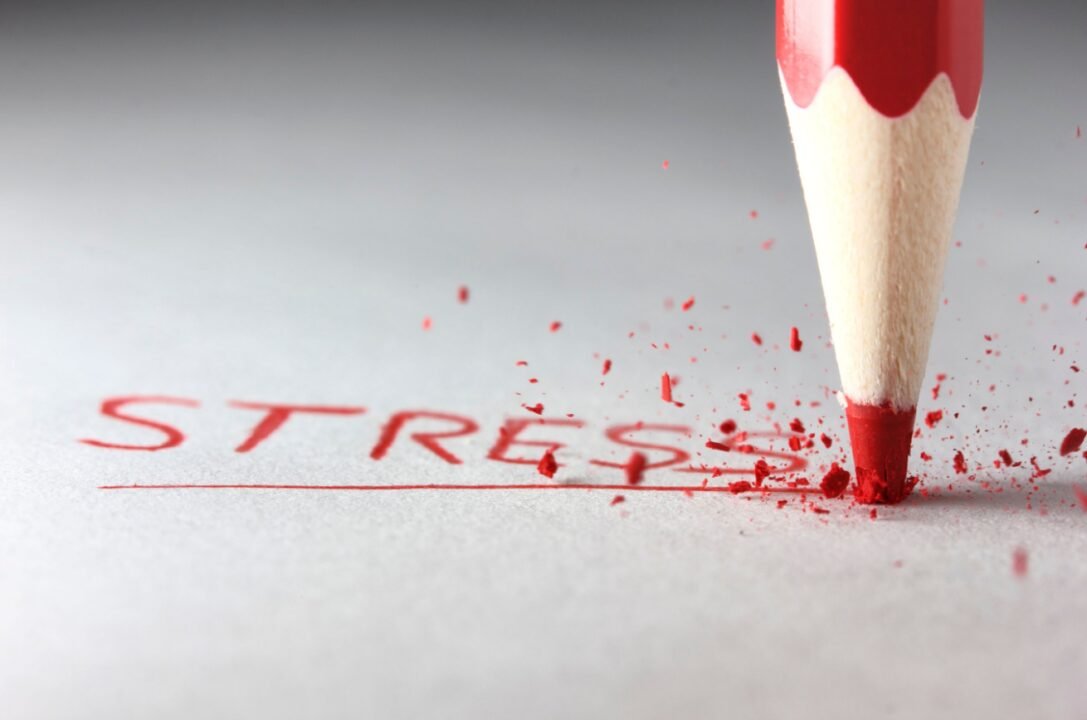Stress is an inescapable part of modern life.
It can manifest as a knot in your stomach, a racing mind, or a short fuse.
While some stress can be a catalyst for action, the chronic, relentless kind takes a grave toll on our physical and mental health.
To combat it effectively, we must first understand its origins and equip ourselves with a multi-faceted toolkit of coping strategies.

Common Stressors: Where Does Your Pressure Come From?
Let’s dissect the most prevalent sources of stress in our lives:
- Work Overload and Pressure: Unrealistic deadlines, lack of control over your workload, toxic office environments, and the pressure to be “always on” create a recipe for burnout. The inability to truly disconnect and the constant feeling of being behind can erode our sense of well-being.
- Relationship Conflicts: Whether with romantic partners, family, or friends, interpersonal strife is deeply stressful. Unresolved arguments, simmering resentments, a lack of emotional support, or feeling unheard can lead to chronic anxiety, loneliness, and even feelings of betrayal.
- Financial Worries: The constant worry of making ends meet, the stress of mounting debt, unexpected expenses, or job insecurity undermines our sense of safety in the world. Money worries can feel inescapable, impacting our mood, our relationships, and our overall outlook on life.
- Health Concerns: A personal health crisis or that of a loved one brings life’s fragility into sharp focus. Navigating complex medical systems, the fear of test results, grueling treatments, and the emotional rollercoaster of a diagnosis can leave you feeling overwhelmed and powerless.
- Major Life Changes: Even positive transitions – a new job, moving cities, getting married, having a baby – disrupt our routines. Our brains crave predictability, and even welcome changes require an adjustment period that can be taxing. Unexpected negative changes, like a job loss or a breakup, can be even more destabilizing.

How Stress Wreaks Havoc on Your Body and Mind
Stress is far more than just an unpleasant feeling.
Our bodies have a complex stress response system designed for short-term survival, not the long-term onslaught of modern living.
Chronic stress contributes to a wide range of health problems, including:
- Weakened Immune System: Stress hormones suppress the immune response over time, leaving you more vulnerable to everything from the common cold to more serious illnesses.
- Heart Health Issues: Elevated blood pressure, increased inflammation, and unhealthy coping behaviors (like overeating or smoking) all contribute to increased risk of cardiovascular problems – including heart attacks and strokes.
- Digestive Problems: Stress can trigger or worsen conditions like ulcers, irritable bowel syndrome (IBS), acid reflux, and general digestive distress. The gut-brain connection is powerful, and stress can cause real physical discomfort.
- Sleep Trouble: Stress hormones keep us wired, making it hard to fall asleep, stay asleep, and get the deep, restorative sleep our bodies need. This creates a vicious cycle, as fatigue then exacerbates our stress levels the next day.
- Mental Health Struggles: Chronic stress is a major risk factor for anxiety, depression, irritability, difficulty concentrating, and even PTSD in certain cases. It can worsen existing mental health conditions and make it harder to cope with daily life.

Strategies for Stress Relief: Building Your Resilience Toolkit
Stress management is an ongoing practice, and what works for one person might not resonate with another. Consider the following a comprehensive stress-relief toolbox.
Experiment to find the strategies that feel most effective and sustainable for you.
- Mindfulness and Relaxation:
- Meditation: Even a few minutes of daily mindfulness practice can make a difference. It trains your brain to focus on the present, interrupting the cycle of anxious thoughts about the past or future. Apps like Headspace and Calm offer guided meditations for newbies.
- Deep Breathing Exercises: Diaphragmatic breathing calms the nervous system. Simple techniques like “Box Breathing” (inhale for 4, hold for 4, exhale for 4, hold for 4) can be done anywhere, anytime stress arises.
- Progressive Muscle Relaxation: Tensing and releasing muscle groups releases physical tension and quiets the mind.
- Physical Activity: Our bodies were designed for movement, and exercise is a potent stress buster. 30 minutes of moderate-intensity exercise most days of the week offers significant benefits. Find something you enjoy – dance, swimming, team sports – the social aspect can further boost stress resilience.
- Healthy Habits:
- Nourishing Diet: Focus on whole foods, reducing processed junk, sugar, and excessive caffeine, which worsens anxiety. Stress depletes nutrients, so ensuring you’re well-nourished is vital.
- Prioritize Sleep: Aim for 7-8 hours of quality sleep nightly. A consistent bedtime routine, good sleep hygiene (dark, quiet, cool room), and minimizing screen time before bed are essential.
- Limit Alcohol and Drugs: While tempting for temporary numbing, substance use disrupts sleep, impairs judgment, and makes stress worse long-term.
- Setting Boundaries:
- Learn to Say “No”: Overcommitting is a surefire way to feel overwhelmed. Practice politely declining extra tasks, favors, and social obligations that stretch you too thin.
- Unplug Regularly: The constant barrage of notifications fuels a sense of urgency. Schedule tech-free breaks, turn off non-essential alerts, and reclaim moments of uninterrupted focus or rest.
- Social Connection: Humans are wired for connection. Spending time with loved ones who offer support and positive energy is a natural stress-reducer. Even a quick chat with a friend, a cuddle with a pet, or joining a supportive online community can make a difference when you’re feeling overwhelmed.
- Therapy: There’s no shame in seeking professional help! A therapist can offer:
- Tools for Stress Management: Cognitive Behavioral Therapy (CBT) is particularly effective, helping you identify and reframe negative thought patterns that intensify stress.
- Coping Skills for Triggers: A therapist offers a safe space to process past traumas or specific stressors. They can equip you with strategies to healthily navigate those triggers in daily life.
- A Listening Ear: Sometimes the act of being heard, validated, and supported by an unbiased professional is incredibly therapeutic in itself.
- Finding Meaning and Purpose: When life feels overwhelming, reconnecting with what matters to you can be grounding. This might involve volunteering, pursuing a creative hobby, engaging with your spirituality, or simply taking time in nature to appreciate the bigger picture.
- Alternative Therapies: While more research is needed, some find relief through:
- Acupuncture: Based on the idea of restoring energy flow along meridian lines, some studies show benefits for stress and pain.
- Massage Therapy: Can temporarily reduce physical tension and promote relaxation.
- Yoga: Combines physical postures, breathing exercises, and often a meditative component, offering multifaceted benefits for stress relief.
Important Reminders
- Don’t Dismiss “Little” Stress: The daily drip of minor annoyances, from traffic jams to a messy house, can take a cumulative toll. Proactive stress management means addressing both major stressors and finding ways to increase your tolerance for everyday hassles.
- Stress Isn’t Weakness: It’s a completely normal human response to challenging situations or life transitions. Seeking support for managing stress is a sign of strength and self-care.
- There’s No Quick Fix: Building stress resilience is a lifelong practice, not a destination. Some days will be better than others. Celebrate small victories, cultivate self-compassion on the hard days, and keep experimenting with your stress relief toolkit.

Reclaim Your Calm
While we can’t eliminate stress entirely, learning to manage it effectively is essential for a fulfilling and healthy life.
By understanding your unique stress triggers, proactively nurturing your mental and physical well-being, and building a personalized toolkit of coping strategies, you increase your capacity to weather life’s inevitable storms.
